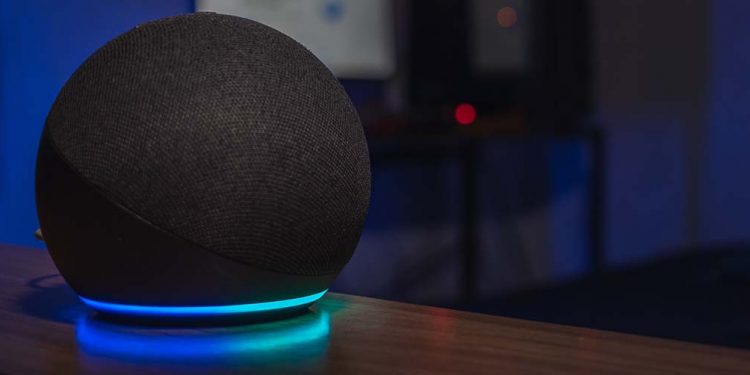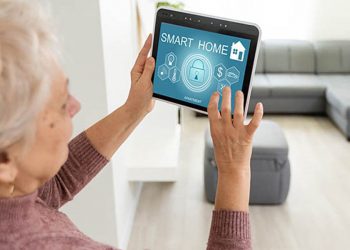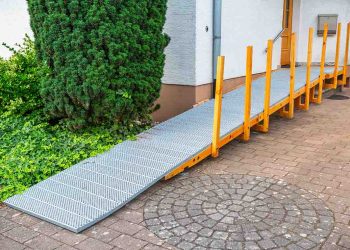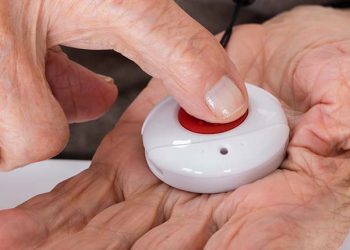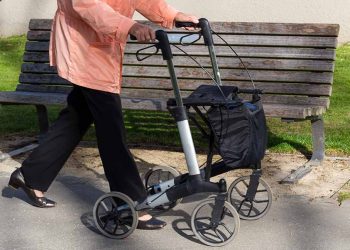Dieser Beitrag ist auch verfügbar auf:
Deutsch
Smart home applications cover a wide area. It ranges from energy saving, convenient lighting and multimedia control to intrusion and security systems. Last but not least, smart home applications are also an important part of assisted living concepts. This refers to concepts that enable the living space to be designed in such a way that older people and people with impairments can also manage their everyday lives largely without outside help.
Smart home applications rely on technical tools such as sensors, which can register movements or temperatures, and actuators, such as motors, which can open and close windows and doors. The goal of smart home applications is to simplify everyday life by taking over routine tasks and making it more pleasant by increasing comfort.
Many newer home appliances already have smart home applications built in. Modern washing machines, for example, can also report their status to a cell phone and sound an alarm in the event of malfunctions. Such devices can usually also be networked with the other smart devices via the smart home control panel – but only if they support the same smart home standard. It is then conceivable, for example, that the washing machine only switches on when sufficient self-generated solar power is available.
No special prior knowledge is required to use smart home applications
No special technical knowledge is required to use the applications. The user interfaces are kept very simple and a tablet or smartphone is usually sufficient for control.
So-called scenarios can be created using special software. They link radio-controlled sockets, shutter motors or app-controlled LED lights with each other. Thus, at the touch of a button, the living room can be transformed into a home theater: if desired, windows are darkened, the light is dimmed, and perhaps the room temperature is increased. In the garden, such scenarios can start a whole range of applications under temperature control. Thus, on hot days, the lawn sprinkler is automatically activated or the awning is extended.
In the future, smart home applications will become even more intelligent. Artificial intelligence (AI) is supposed to take care of this. It can recognize patterns and adapt the scenarios to the individual needs of the users, such as how the music service Spotify can also compile individual playlists. An AI can also detect irregularities in residents’ behavior and sound an alarm in an emergency. Especially for seniors and people with illnesses or disabilities, this could be life-saving. At the beginning of 2023, however, development is still in its infancy.
Author: Anja Herberth
Chefredakteurin


